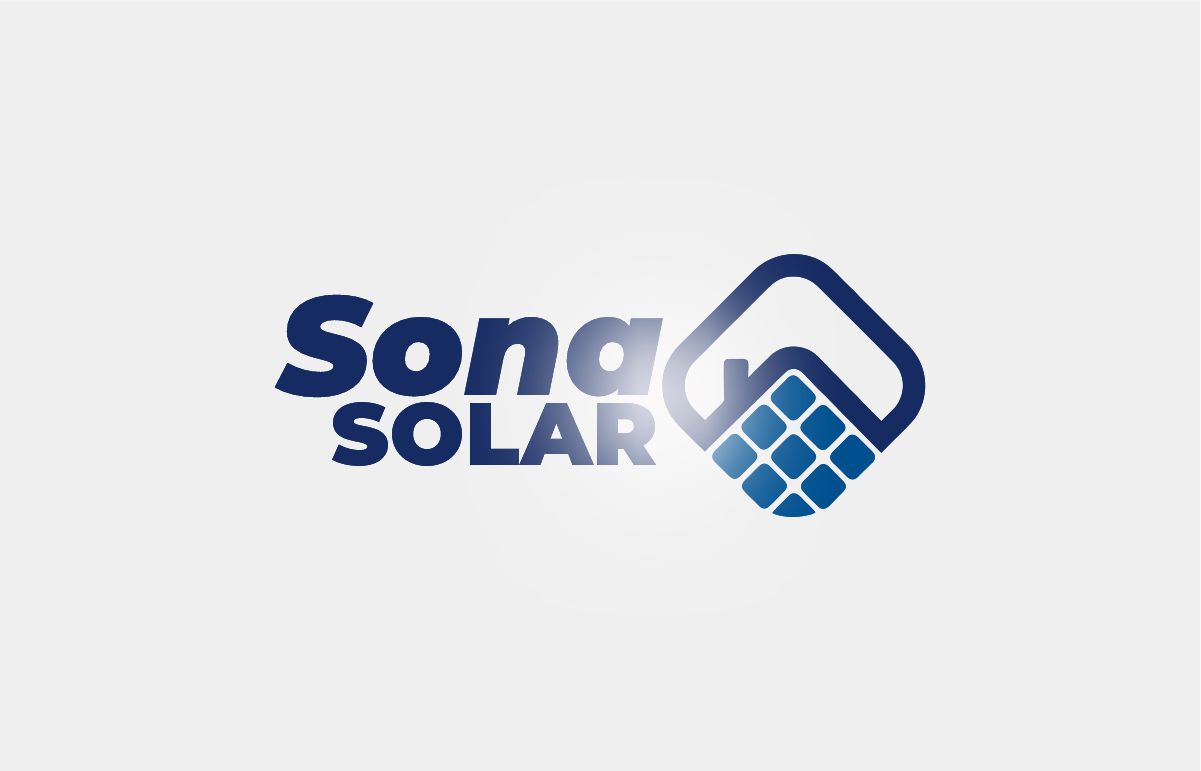The High Cost of Cheap Solar: Why Zimbabwe is Facing a Looming E-Waste Crisis
As Zimbabweans increasingly turn to solar energy to escape relentless power cuts, a troubling trend has emerged: the market is flooded with cheap, substandard residential solar gear, much of it imported from China. These products often fail prematurely, turning a promise of energy independence into a mountain of electronic waste.
Anatomy of the Problem
Driven by desperation from daily power cuts lasting over 12 hours, many Zimbabweans are persuaded by aggressive marketing on WhatsApp and radio. Sellers promise a magical 23 hours of daily power from cheap solar equipment. Agnes Mandishora's story is typical: excited by a low price, she found her new lamps and batteries were "defective and impossible to return."
Another disgruntled buyer, Skanyi Jongwe, shared his experience: "I forked out US$180 for LED solar lamps, cables and a battery. The lamps’ light was faint, barely shined beyond four hours, or became too hot to the risk of exploding. The warranty said 10 years. The reality – just five months.” With no recourse for returns, these failed products quickly become useless.
Why is This Happening?
With low wages, most consumers cannot afford premium, long-lasting solar equipment. This creates a fertile market for cheap, often substandard, alternatives that promise a lot but deliver little. The majority of Zimbabwe’s energy equipment retail market is now comprised of these low-cost imports.
Zimbabwe's porous borders with South Africa, Mozambique, and Zambia provide avenues for substandard solar devices to enter the country illegally, bypassing any quality checks. Merchants can buy batteries in China for half the price they sell for in South Africa, creating a huge incentive to smuggle.
The Hidden Dangers
According to Tawanda Chitiyo, founder of Tawanda Energy, defective solar lanterns and panels are not being disposed of properly. They often end up as children's toys or in unregulated dumps. When the glass on these panels breaks, it can expose the environment and people to harmful toxic chemicals like copper indium selenide, lead, and polyvinyl fluoride.
The Way Forward: A Call for Quality
The government has taken steps, such as approving numerous large-scale solar power projects and removing import duties on solar gear. The Zimbabwe Energy Regulating Authority (ZERA) also announced plans for a solar testing laboratory, though it is not yet operational. These policies aim to make quality solar more affordable and regulate the market.
The ultimate solution lies with consumers choosing reputable suppliers who prioritize quality. Companies like Sona Solar Zimbabwe and conscientious dealers such as Jinbei Electric insist on quality certificates from manufacturers. A trusted supplier will provide:
- Verified, Tier-1 Products: Solar components from globally recognized brands.
- Transparent Warranties: Clear, local support for warranty claims.
- Professional Installation: Ensuring the system is safe, efficient, and built to last.
While the allure of a cheap deal is strong, the long-term cost—both financial and environmental—of substandard solar gear is far too high.
Common Questions and Popular Searches
Explore Answers To Frequent Questions And Discover Resources For Your Solar Journey:
1kVA Inverter Load Guide
Load guide for small households.
2kVA System Load Capacity
Powering essentials in medium homes.
3kVA System Panel Count
Understand solar array sizing.
3kVA Inverter Load Guide
Appliance guide for a typical household.
Best 3kVA Inverter Brand
Compare reliability and warranties.
3kVA Appliance Load Guide
Understand simultaneous load capacity.
3kVA Powering Motor Loads
Guidance on handling motor loads.
Choosing the Right Inverter
Matching inverters to your specific load.
Match Panels to Inverter
Tips for optimal system performance.
3.5kVA Inverter Load Guide
Explore residential setup capabilities.
Best Solar Panels Zimbabwe
Analysis of performance and durability.
Solar Companies Zimbabwe
Customer service and reliability.
Best Solar Panel Brands
Guide for home and business solutions.
Solar Installers Zimbabwe
Professional and certified installers.
3kVA System Cost Guide
Get pricing information for Zimbabwe.
5kVA System Cost Guide
Budget requirements for systems.
Contact Our Sales Team:

Sona Solar Zimbabwe
Address:
7 Frank Johnson Avenue, Eastlea, Harare, Zimbabwe.
Call/WhatsApp:
Sales:
+263 78 293 3586
Sales:
+263 78 922 2847
Operations:
+263 78 864 2437
Email:
sonasolarzw@gmail.com
Website:
www.sonasolar.co.zw

Borehole Experts Zimbabwe
Address:
7 Frank Johnson Avenue, Eastlea, Harare, Zimbabwe.
Call/WhatsApp:
Sales:
+263 77 389 8979
Sales:
+263 71 500 3777
Operations:
+263 71 918 7878
Email:
boreholeexpertszw@gmail.com
Website:
www.boreholeexperts.co.zw


Follow Our Social Media Icons
TikTok Pinterest YouTube Telegram WhatsApp